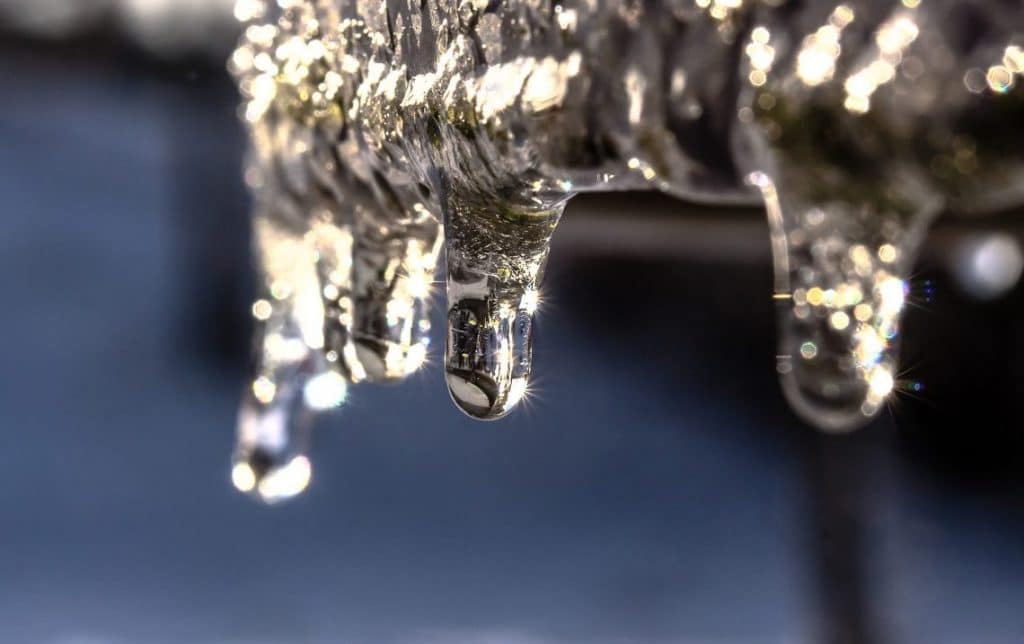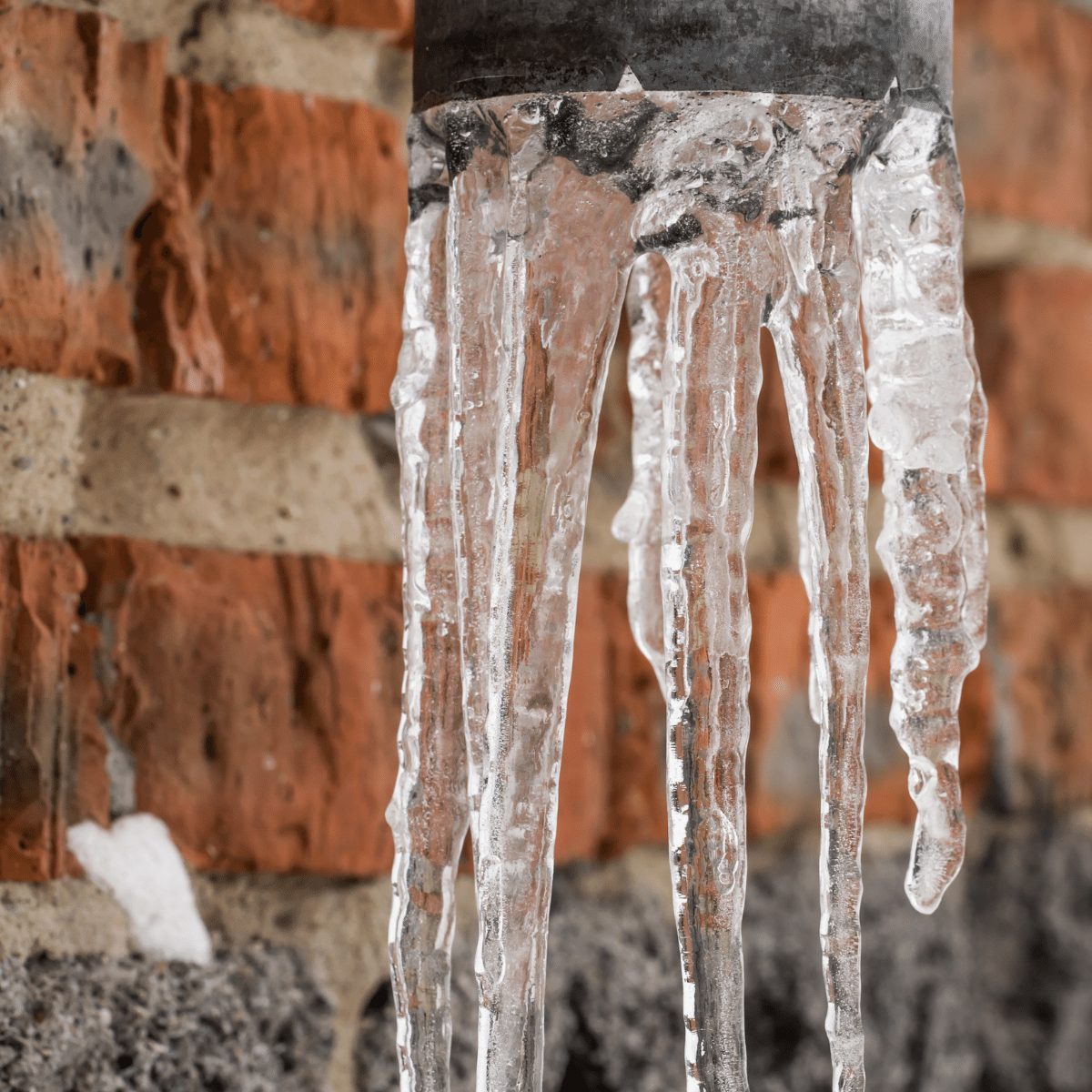Tips to Protect Pipes from Freezing: Specialist Guidance
Tips to Protect Pipes from Freezing: Specialist Guidance
Blog Article
Each person will have their unique rationale in relation to Helpful Tips to Prevent Frozen Pipes this Winter.

Cold weather can wreak havoc on your plumbing, particularly by freezing pipes. Here's how to stop it from taking place and what to do if it does.
Intro
As temperature levels decrease, the risk of icy pipelines boosts, potentially leading to pricey repair services and water damages. Understanding exactly how to avoid icy pipelines is critical for homeowners in cold climates.
Understanding Frozen Pipes
What causes pipes to freeze?
Pipelines ice up when revealed to temperature levels listed below 32 ° F (0 ° C) for prolonged periods. As water inside the pipes ices up, it increases, putting pressure on the pipeline wall surfaces and potentially triggering them to break.
Risks and damages
Frozen pipelines can bring about supply of water interruptions, property damages, and pricey fixings. Ruptured pipelines can flood homes and cause extensive structural damages.
Indications of Frozen Water Lines
Recognizing icy pipelines early can prevent them from rupturing.
Just how to identify frozen pipelines
Seek decreased water flow from faucets, uncommon smells or noises from pipes, and noticeable frost on subjected pipes.
Avoidance Tips
Shielding susceptible pipes
Cover pipes in insulation sleeves or make use of warm tape to protect them from freezing temperature levels. Focus on pipelines in unheated or outside locations of the home.
Heating strategies
Keep indoor spaces sufficiently heated up, particularly locations with plumbing. Open cabinet doors to allow warm air to flow around pipelines under sinks.
Securing Outside Plumbing
Garden hoses and exterior taps
Disconnect and drain yard pipes before wintertime. Install frost-proof spigots or cover outside taps with insulated caps.
What to Do If Your Pipes Freeze
Immediate activities to take
If you believe frozen pipes, keep faucets open up to relieve pressure as the ice thaws. Utilize a hairdryer or towels taken in warm water to thaw pipelines gradually.
Long-Term Solutions
Structural adjustments
Take into consideration rerouting pipes away from outside walls or unheated locations. Include extra insulation to attic rooms, basements, and crawl spaces.
Updating insulation
Purchase high-quality insulation for pipelines, attics, and walls. Proper insulation assists keep consistent temperatures and minimizes the threat of icy pipelines.
Conclusion
Avoiding frozen pipes needs positive procedures and fast actions. By recognizing the reasons, indications, and safety nets, house owners can secure their plumbing during cold weather.
6 Proven Ways to Prevent Frozen Pipes and Protect Your Home
Disconnect and Drain Garden Hoses
Before winter arrives, start by disconnecting your garden hoses and draining any remaining water. Close the shut-off valves that supply outdoor hose bibs and leave the outdoor faucet open to allow any residual water to drain. For extra protection, consider using faucet covers throughout the colder months. It’s also important to drain water from any sprinkler supply lines following the manufacturer’s directions.
Insulate Exposed Pipes
Insulating your pipes is an effective way to prevent freezing. Pipe insulation is readily available at home improvement stores and is relatively inexpensive. Pay close attention to pipes in unheated areas such as the attic, basement, crawl spaces, or garage. Apply foam insulation generously to create a buffer against the cold. You can also wrap your pipes in heat tape or thermostat-controlled heat cables for added warmth.
Seal Air Leaks
Inspect your home for any cracks or openings that could let in cold air. Seal any holes around the piping in interior or exterior walls, as well as the sill plates where your home rests on its foundation. Additionally, make sure to keep your garage door closed unless you’re entering or exiting. Leaving it open creates a significant air leak that can lead to frozen pipes.
Allow Warm Air Circulation
During cold snaps, it’s essential to allow warm air to circulate evenly throughout your home. Leave interior doors ajar to promote better airflow. Open kitchen and bathroom cabinets to help distribute heat consistently around the rooms. If you have small children or pets, be sure to remove any household chemicals or potentially harmful cleaners from open cabinets for safety.
Let Faucets Drip
A small trickle of water can make a big difference in preventing ice formation inside your pipes. When temperatures drop significantly, start a drip of water from all faucets served by exposed pipes. This continuous flow helps prevent the water from freezing. Additionally, running a few faucets slightly can relieve pressure inside the pipes, reducing the chances of a rupture if the water inside does freeze.
https://choateshvac.com/6-proven-ways-to-prevent-frozen-pipes-and-protect-your-home/

We were brought to that report about How to prepare your home plumbing for winter weather through a good friend on our other domain. Are you aware of somebody who is curious about the subject? Why not share it. Kudos for being here. Please check up our site back soon.
Call Today Report this page